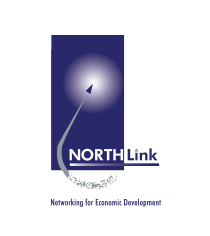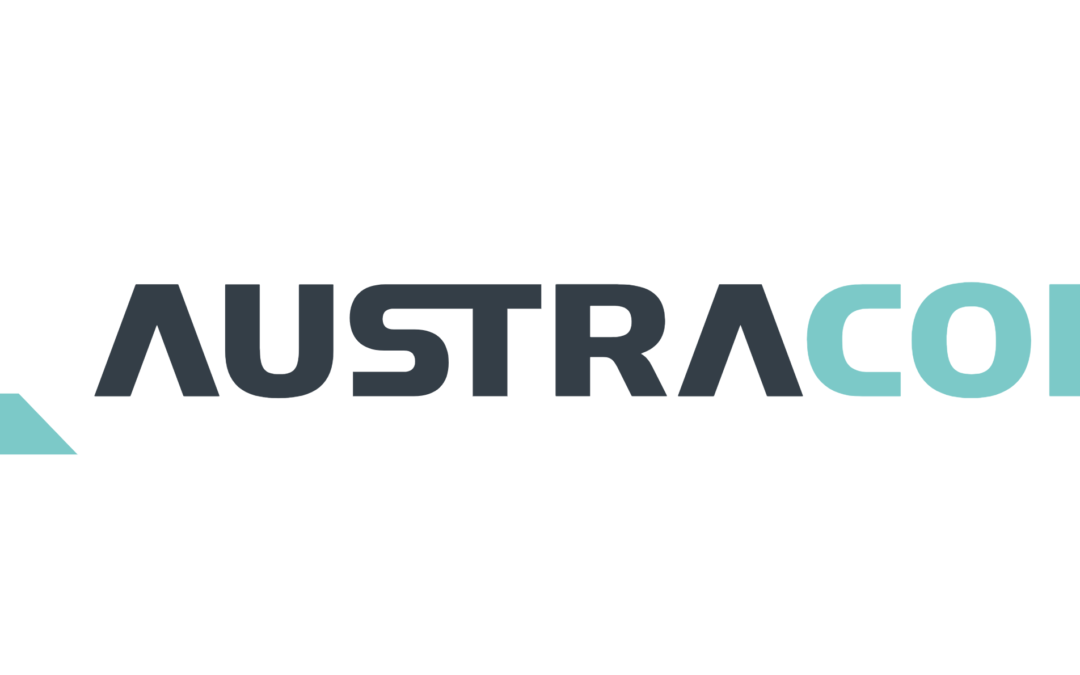AustraCold: Out of the cold and into the future
While the last 18 months have been testing for everyone, some businesses have gone the extra mile to ensure that excellent customer service and staff wellbeing continue to be a priority. MNFG partner AustraCold is a good example.
AustraCold provides contract logistics in the temperature control space and is one of the largest Australian owned temperature control businesses in Victoria. Their Somerton warehouse, at +15 degrees, targets confectionary products such as chocolate, milk powder and oil-based margarines as well as pharmaceutical products. The Laverton logistics facility operates a freezer chamber sitting at -20 degrees, as well as a chiller chamber at 4 degrees for products including seafood, prime cut meats, dairy and frozen vegetables. And their Truganina Logistics Centre is a fast-moving cross-dock transport operation complete with an all-temperature regime warehouse.
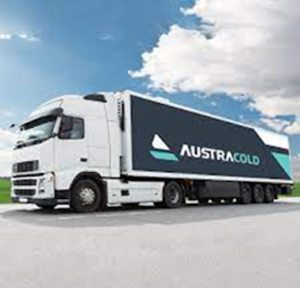 “We’ve experienced exponential growth over our first three years of operation, and that’s all been in response to customer demand,” said Birol Guler, Managing Director of AustraCold. “However, the pandemic has been a big challenge. We expanded our focus from B2B to also include B2C to help support the growing demand for online and home delivery services. We joined MNFG to connect with other businesses. Throughout the pandemic, we are placing a big emphasis on maintaining staff morale and offering support to make sure everyone is okay. We recognise that our staff are our biggest asset.”
“We’ve experienced exponential growth over our first three years of operation, and that’s all been in response to customer demand,” said Birol Guler, Managing Director of AustraCold. “However, the pandemic has been a big challenge. We expanded our focus from B2B to also include B2C to help support the growing demand for online and home delivery services. We joined MNFG to connect with other businesses. Throughout the pandemic, we are placing a big emphasis on maintaining staff morale and offering support to make sure everyone is okay. We recognise that our staff are our biggest asset.”
MNFG’s Margaret McLelland explained that businesses such as AustraCold join MNFG because they want to work with others to keep manufacturing in Australia.
“Groups like ours provide a springboard for businesses to work collaboratively. Through MNFG, companies like AustraCold can connect, save on supply chain costs and share ideas to grow their business capability.”
The AustraCold story
The AustraCold story is an interesting one. Birol Guler started off in 2009 in the temperature control transport sector, in a family business that began with one truck and grew to be much more over the years.
“I had a career outside transport, but it got to a point where travel was a big issue for me. Around 60 per cent of my time was spent travelling and with a young family, it was too demanding. So I decided to leave the corporate world and set up my own business on the back of the family company.
Over time we found that a lot of our transport clients needed warehousing and cross-dock services to store their products so they could be moved the next day. So in 2017, we founded AustraCold with a friend who had a strong background in financial planning.”
Initially setting up a warehouse in Campbellfield to complement the transport side of the business, the partners quickly established two more logistics facilities in Laverton and Somerton. In just over six months they had three facilities operating.
“When we look back, we think we probably grew faster than we wanted, but market forces got us to that point. From 12 staff in 2018, we now have a team of 83. It was huge growth – not only from a business perspective, but also with regard to team structures and operational philosophies.”
What they do
The services that businesses such as AustraCold provide are essential. As food manufacturers grow, they often don’t have enough space to store raw ingredients and finished products. Companies like AustraCold provide a complete 3PL solution.
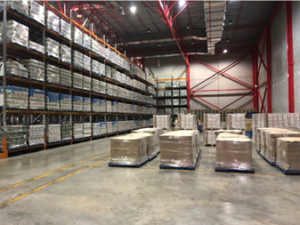 “Basically we store our customers’ products, whether they are raw ingredients or finished goods,” Birol said. “We offer ‘pick and pack’ services to get orders ready for dispatch for manufacturing and retail sale.”
“Basically we store our customers’ products, whether they are raw ingredients or finished goods,” Birol said. “We offer ‘pick and pack’ services to get orders ready for dispatch for manufacturing and retail sale.”
AustraCold offers a national transport footprint, but its main focus is Victoria. Their fleet of transport vehicles delivers throughout the state and when it comes to national transport services, they partner with long-haul experts who offer a similar service to provide clients with a one-stop solution.
A customer-centric approach
Birol explained that, from management down, the AustraCold team try to live the company’s values every day. One of their key values is providing tailored, quality customer solutions while being flexible and easy to deal with.
“Our goal is to make every customer experience a positive one. If we don’t have the right answer at the time, we get back to them as quickly as possible by understanding the customers’ challenges and collaborating to provide the solutions. We’ve installed a sophisticated warehousing and transport management system that enables us and our customers to ‘do more with less’, which has ultimately helped us increase productivity and efficiency.
In addition, all our sites are certified for Australian organic, HACCP, PrimeSafe and export dairy, and we are in the process of adding to these certifications to include Dairy Food Safety Victoria (DFSV), halal and kosher. We segregate products into allergen and non-allergen. We also aim for a carbon neutral solution across all our operations.”
The challenges of COVID-19
The pandemic has been extremely difficult for all businesses, including AustraCold. Parts of its operations have grown, such as warehousing and transport, but the department servicing food service businesses like restaurants and cafés stopped overnight.
Birol added that their biggest challenge was keeping staff moral up because, although staff were working, a lot of their family and friends were not.
“We needed to quickly identify how best to respond. We partnered with RU OK and we all wear yellow t-shirts and bands to remind us to watch out for each other. We empowered our leadership team to do more and to initiate a culture of having those supporting conversations.”
With the pandemic, Birol and his colleagues found that a one-plan approach to a business just didn’t work.
“Today you definitely need to be able to change and adapt with the environment. When COVID-19 hit, a lot of hospitality businesses pivoted online. We also altered our approach, initiating a B2C delivery model which was also supported through our business units. We ramped up home delivery services of wine and cook-at-home type products. We also provided warehousing and transport services to other businesses that were doing something similar. We all had to change focus, and be more nimble in how we responded to what was happening in the market.”
The benefits of working in collaboration
Collectively we can all contribute to change, helping each other to be more effective, efficient and sustainable. That’s the premise on which MNFG was established and one that Austracold embraces wholeheartedly.
“To keep manufacturing in Australia, we need to work together to find leaner ways to do business. We need to share ideas,” said Birol.
“The more we collaborate, the more chance we have for food manufacturing to stay in Australia. We’re up against technologies that move food manufacturing and services overseas. Businesses like ours are part of supply chain costs for food manufacturers. If we work together we can help them sell their product competitively. So we aim to intimately understand their business. If our customers understand their costs to a minute detail, they can make more informed decisions moving forward.”
The future
Birol explained that AustraCold’s plan for the future is to further expand operations in Melbourne, with the aim to replicate the same business model in Sydney and Brisbane.
“Our goal is to be the largest cold chain provider on the eastern seaboard,” he said.
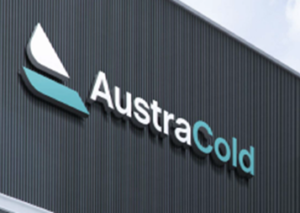
For more information visit https://austracold.com/
